As Cassandra Clerkin navigated the complex landscape of school immunization requirements in upstate New York, she stumbled upon a glimmer of hope in the form of Frontline Health Advocates, a company that promised to help her family avoid further vaccinations for their children. Clerkin's youngest child had suffered a debilitating seizure after receiving a vaccine, leaving her with a deep-seated fear of the shots. But New York's strict immunization policies made it difficult for her to opt out, and that's where Frontline came in. With their promise of doctors who would write medical exemptions, Clerkin felt a sense of relief wash over her, but little did she know that she was about to enter a world of controversy and debate.
Behind the scenes of Frontline Health Advocates lies a complex web of medical exemptions, a phenomenon that has gained significant attention in recent years. Vaccine mandates have been a topic of discussion in the United States for decades, but the COVID-19 pandemic brought them to the forefront of public attention. As the debate raged on, companies like Frontline emerged, capitalizing on the growing demand for medical exemptions.
Cassandra Clerkin's story is not an isolated incident. Across the country, parents like her are seeking medical exemptions for their children, often citing concerns about vaccine safety and efficacy. But what drives this trend, and what are the implications for public health? To understand the world of medical exemptions, it's essential to delve into the history of vaccine mandates and the complexities of the medical exemption process.
In the United States, vaccine mandates have been in place since the 19th century, with the first law requiring smallpox vaccination in 1905. Over the years, the list of required vaccinations has grown, with the Centers for Disease Control and Prevention (CDC) recommending a series of shots for children and adults. However, the rise of the anti-vaccination movement in the 1990s and 2000s led to a growing number of parents seeking exemptions from these mandates.
The medical exemption process is a complex one, involving a doctor's note and, in some cases, a lengthy evaluation process. In New York, for example, parents can apply for a medical exemption if their child has a legitimate medical reason for not receiving a vaccine. However, the process is not without controversy, with some critics arguing that it's too easy for parents to obtain exemptions.
Dr. Paul Offit, a renowned pediatrician and vaccine expert, is one such critic. "The medical exemption process is often abused by parents who are simply opposed to vaccines," he says. "It's a way for them to opt out without having to go through the hassle of getting a legitimate medical exemption."
Cassandra Clerkin's experience with Frontline Health Advocates raises questions about the legitimacy of medical exemptions. While Clerkin's child did suffer a seizure after receiving a vaccine, there's no concrete evidence to suggest that the vaccine was the cause. In fact, the CDC and other reputable health organizations have repeatedly stated that vaccines are safe and effective.
So, what drives parents like Clerkin to seek medical exemptions? According to Dr. Offit, it's often a combination of misinformation and fear. "Parents are often misled by false information about vaccine safety and efficacy," he says. "They're also afraid of the potential risks, even though the data shows that vaccines are incredibly safe."
The implications of medical exemptions are far-reaching, with some experts warning that they can lead to outbreaks of preventable diseases. In 2019, for example, a measles outbreak in New York City was linked to a group of unvaccinated children who had obtained medical exemptions.
As the debate over medical exemptions continues, it's essential to approach the topic with a critical eye. While some parents may have legitimate concerns about vaccine safety, the data suggests that vaccines are safe and effective. By understanding the complexities of the medical exemption process and the motivations behind it, we can work towards creating a more informed and nuanced discussion about vaccine mandates.
For Cassandra Clerkin, the experience with Frontline Health Advocates has been a mixed bag. While she's grateful for the support, she's also aware of the controversy surrounding medical exemptions. As she navigates the complex landscape of school immunization requirements, she's left wondering: what's the best way to protect her children's health, and what's the impact of medical exemptions on public health?
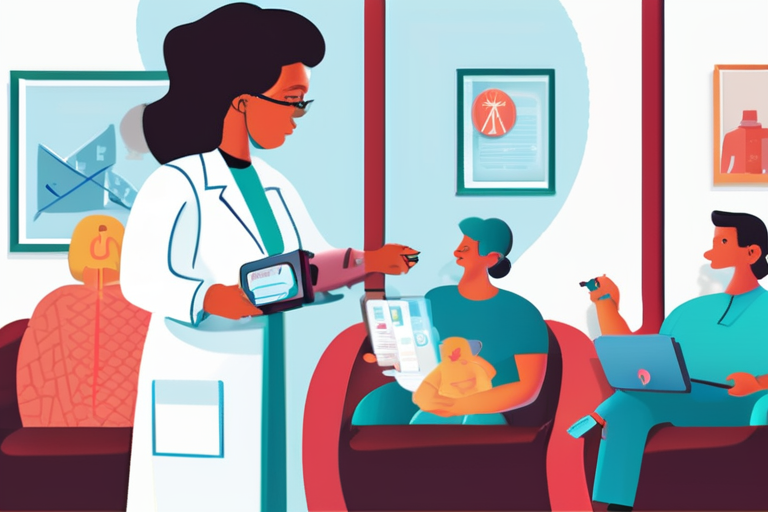


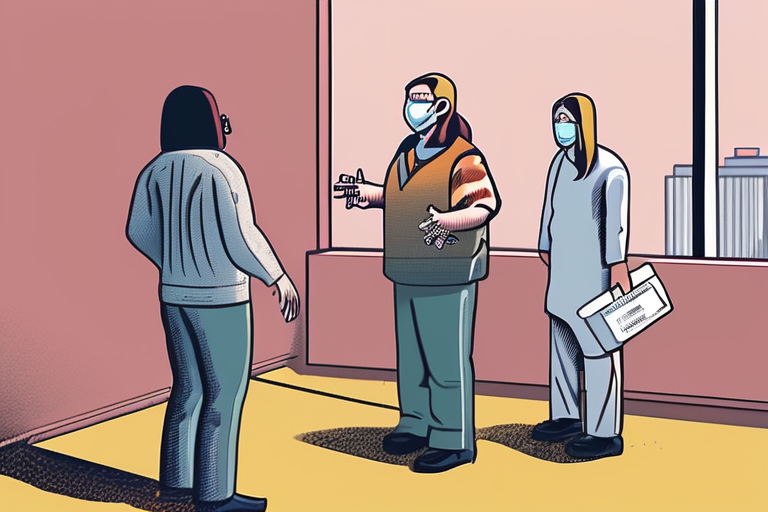

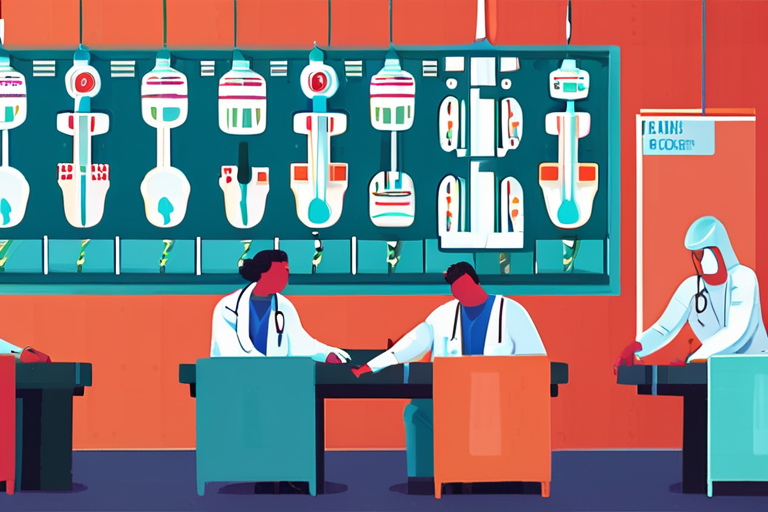
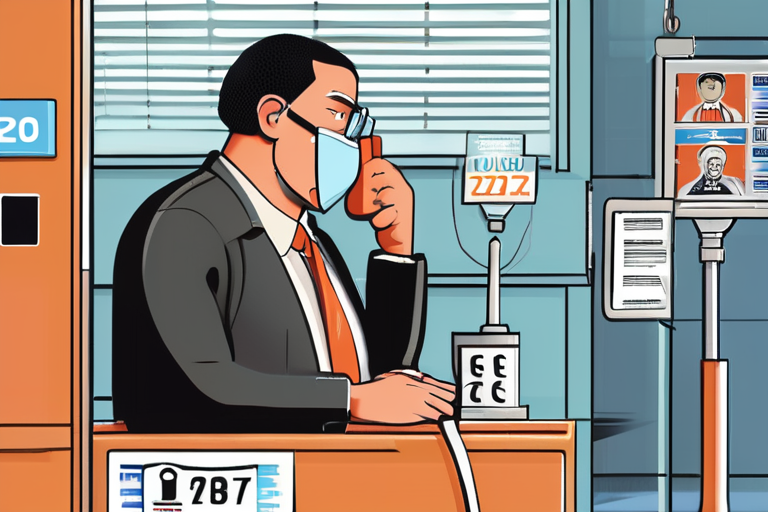
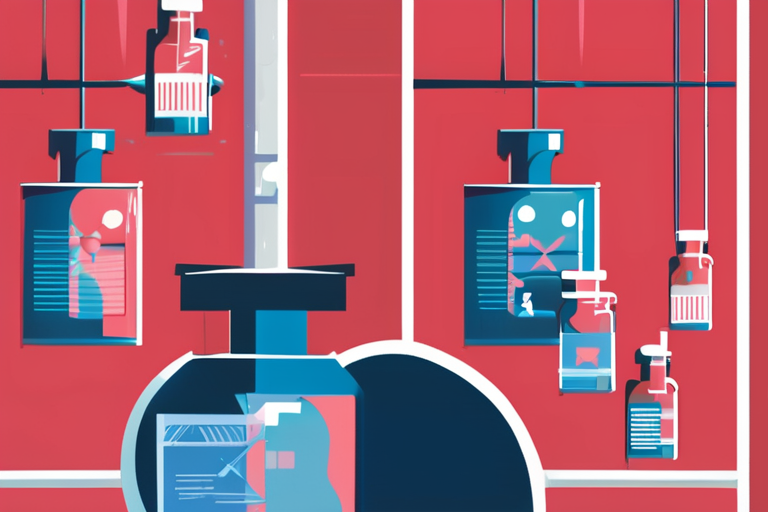
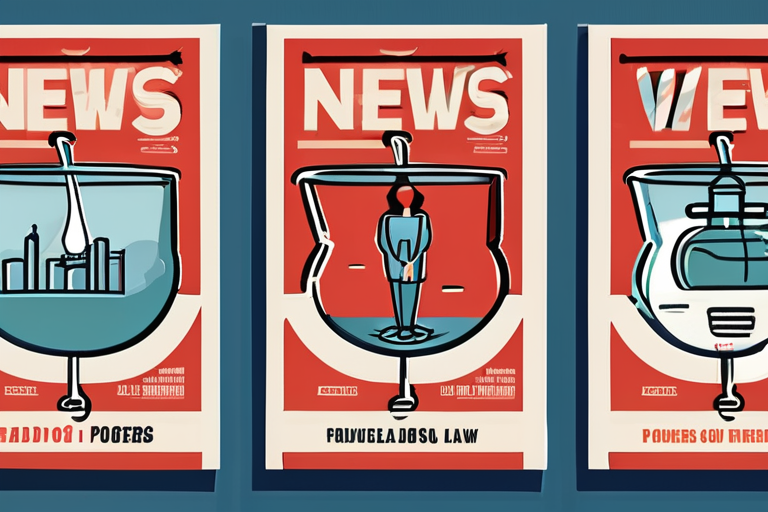
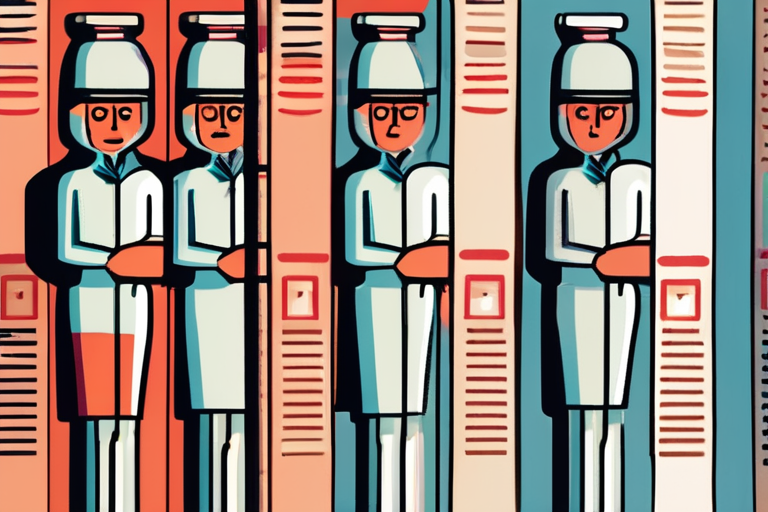
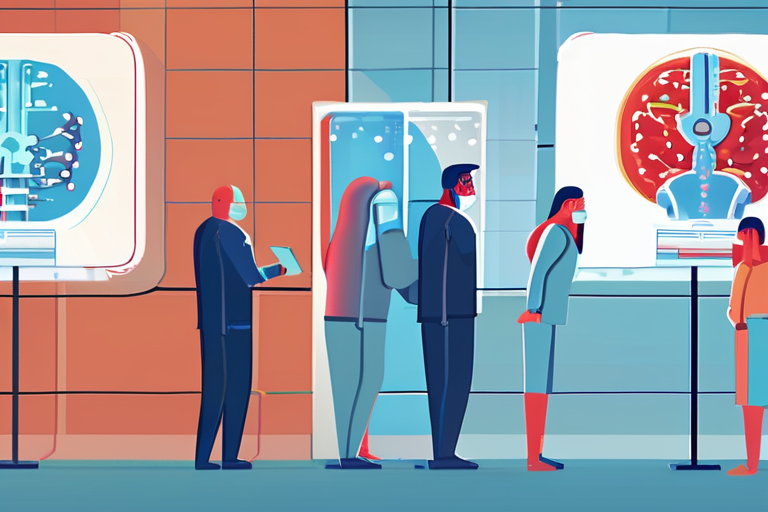
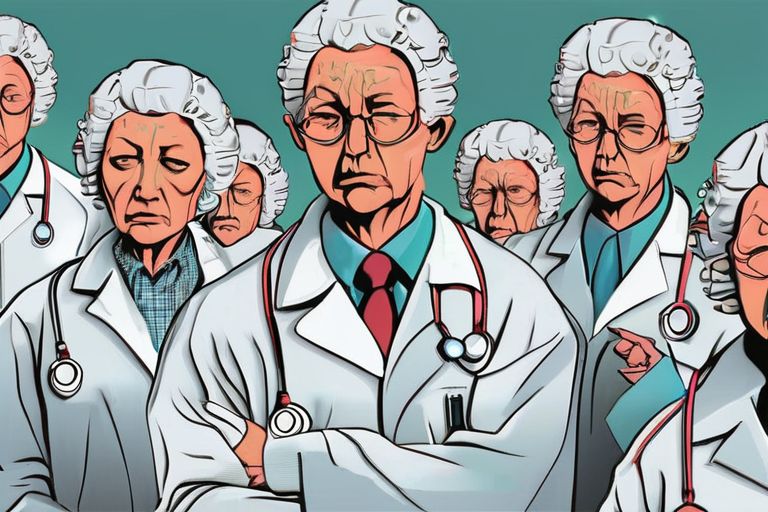
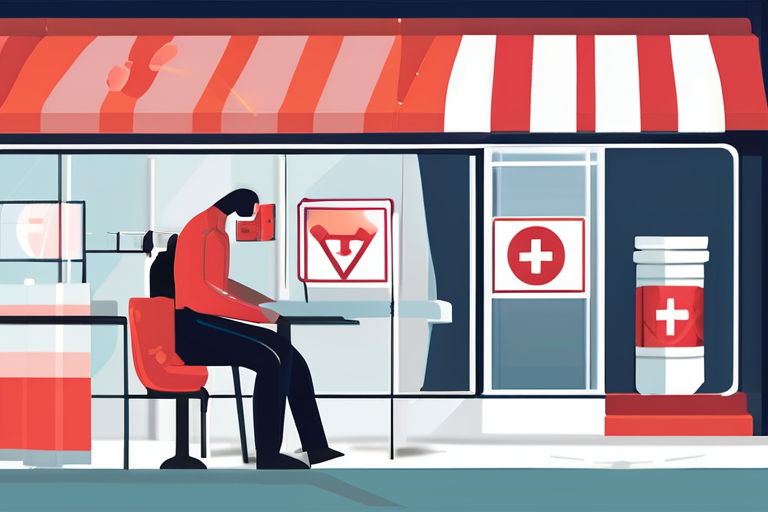
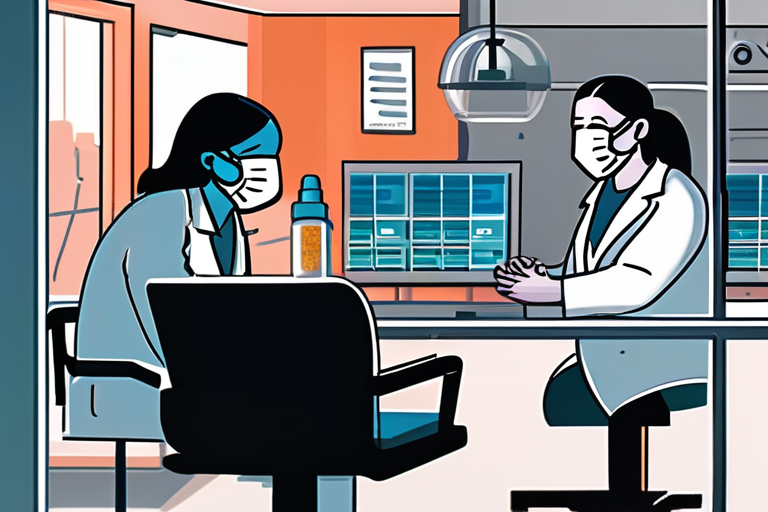

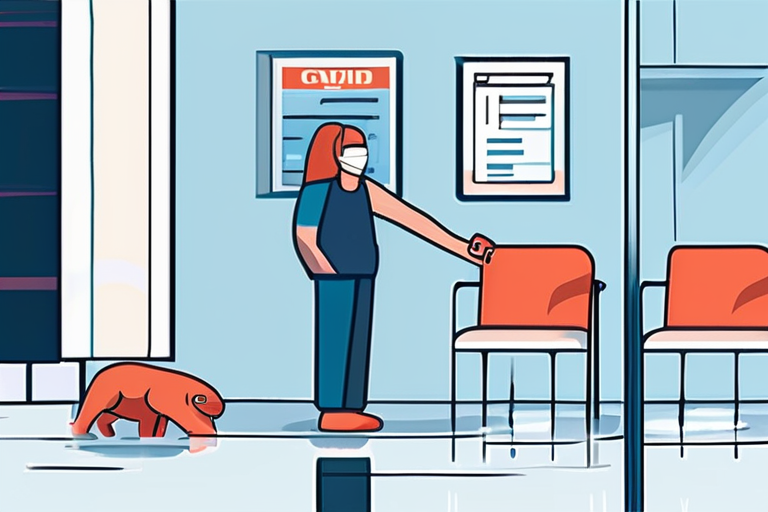
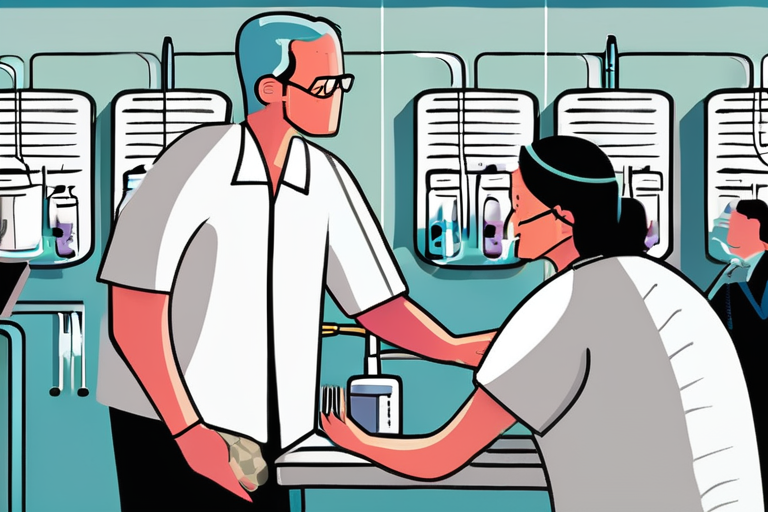
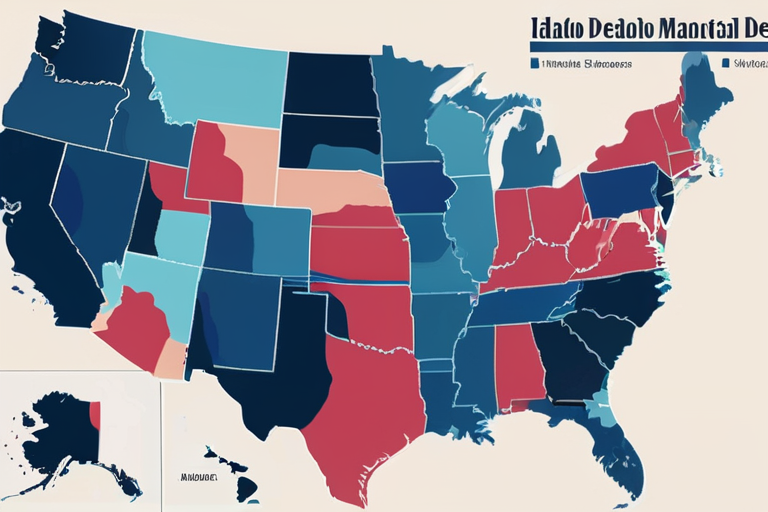
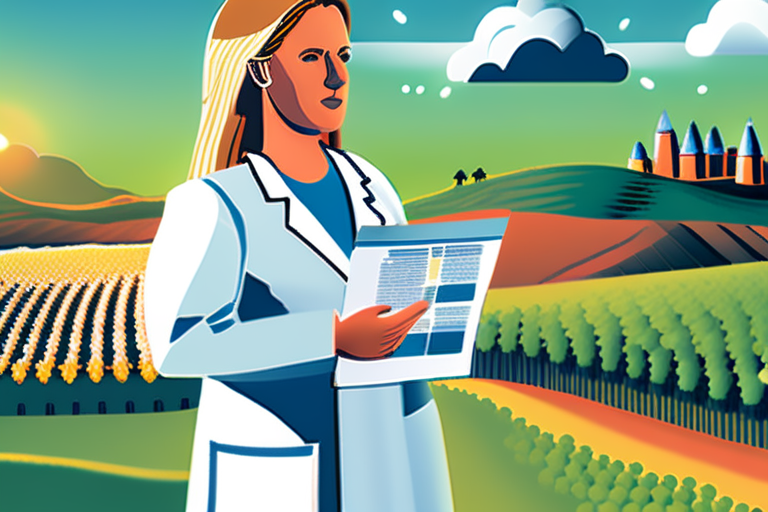
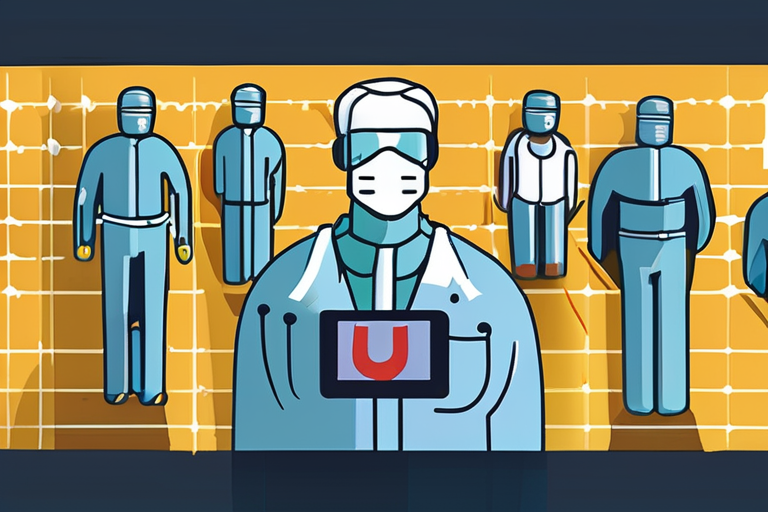
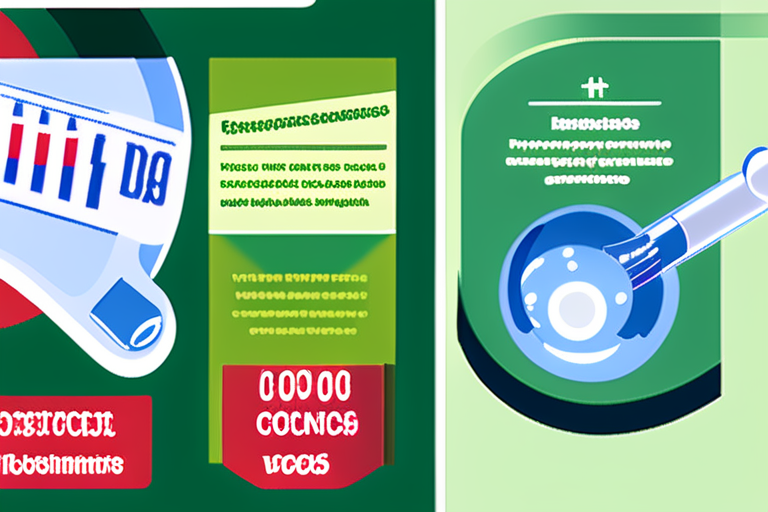
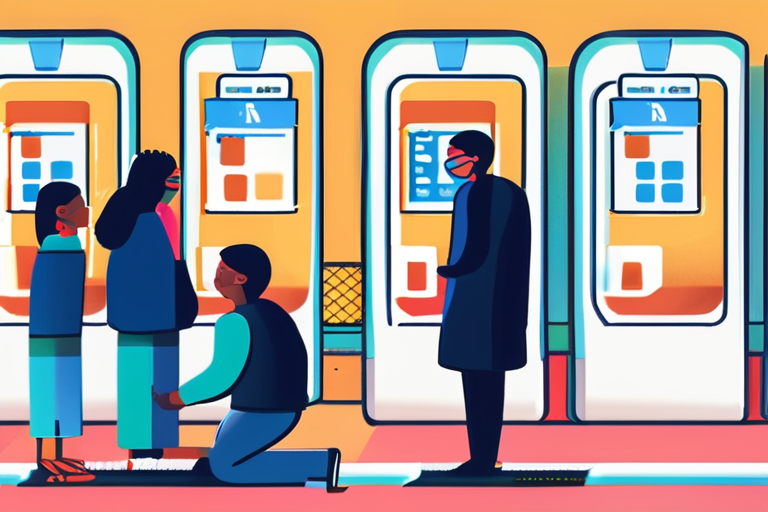
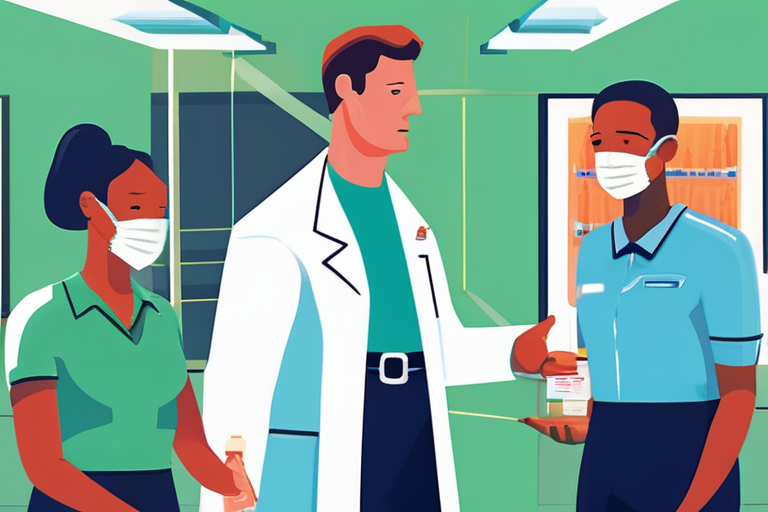
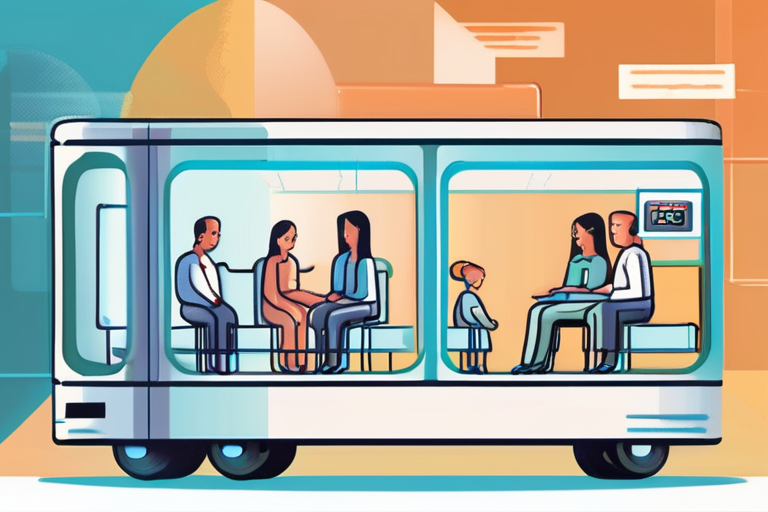
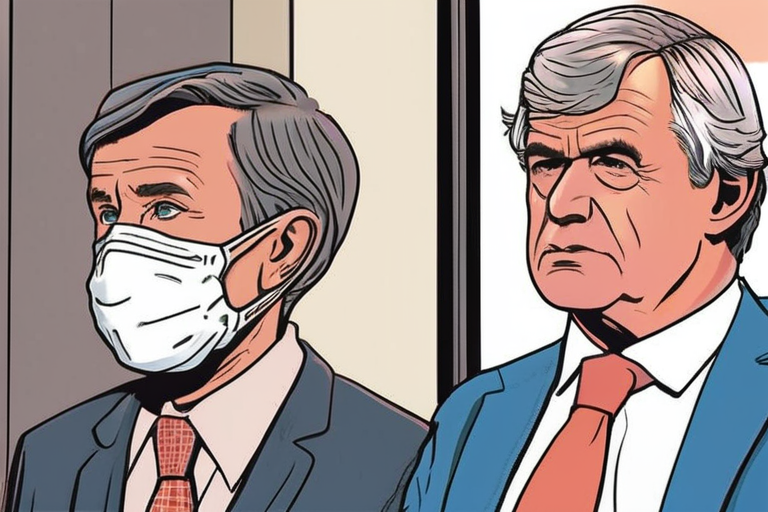

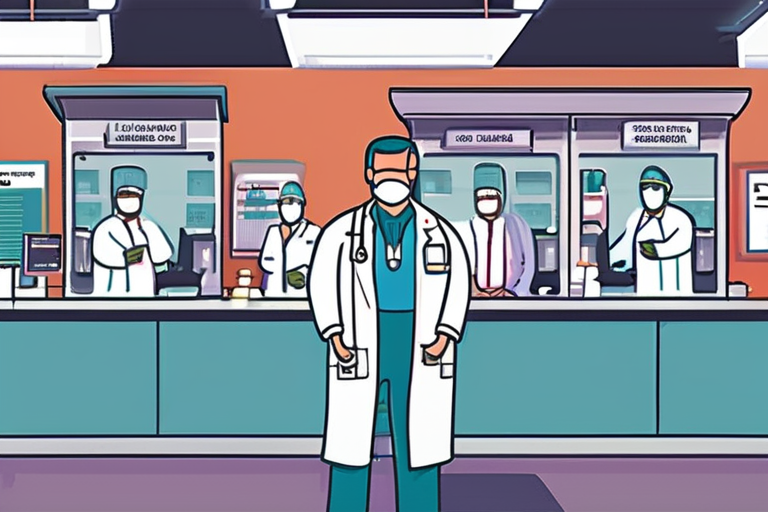
Share & Engage Share
Share this article